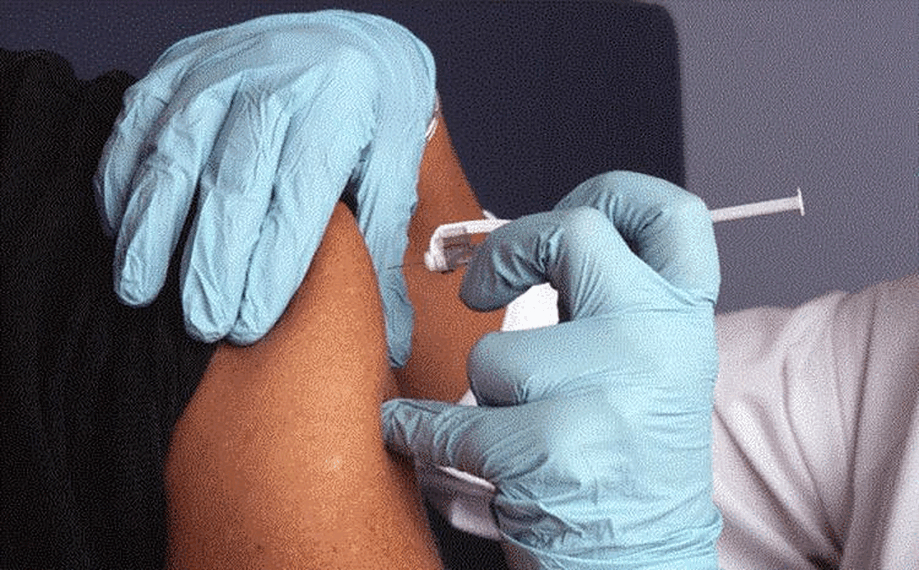PHILADELPHIA - After showing up in the United States and Europe earlier this year, the monkeypox virus is spreading worldwide, with more than 26,000 cases confirmed. The virus spreads through prolonged skin-to-skin contact and is particularly prevalent among men who have sex. The virus is not contagious among people with strong immune systems. However, it can affect anyone, including healthcare workers and pregnant women.
Once declared, the federal government can tap emergency funds, hire extra staff to help contain the outbreak, and take additional steps to protect the public. A declaration allows the federal government to gather more data about the virus' spread and evaluate the effectiveness of vaccines. But it does not guarantee that these measures will work, and bipartisan public health experts have criticized the administration for not declaring a national emergency over the virus.
The outbreak was not contained with quick action and has now spread to the LGBT community and men who have sex with men. Because it has spread to gay people, public health officials need to ensure they don't stigmatize gay people, as they did during the AIDS epidemic in the 1980s. The government must find a way to communicate the disease's risks without stigmatizing gay people.
The declaration is part of an effort by the federal government to combat the spread of monkeypox, a highly contagious viral infection that affects humans and other mammals. The virus has spread across the United States, with cases confirmed in every state except Montana and Wyoming. A state of emergency is a way to mobilize additional health care workers, educate people, and make vaccines more widely available.



